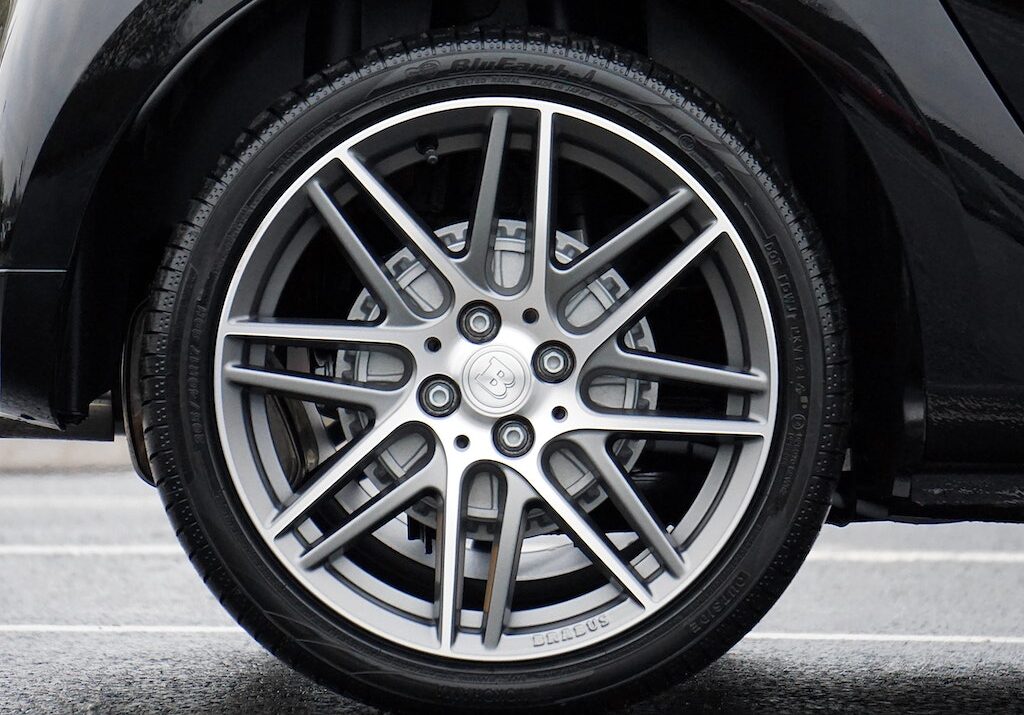When the sun shines bright and the roads beckon, it’s time to consider the crucial role that summer tires play in ensuring safe and enjoyable driving during the warm months. As temperatures rise, your choice of tires becomes even more critical for maintaining grip, handling, and overall road safety. In this comprehensive guide, we’ll provide you with straightforward insights into the world of summer tires.
What Are Summer Tires?
Summer tires, or performance tires, are specifically designed to optimize traction and handling on dry and wet roads in warm weather conditions. These tires are built with a unique rubber compound and tread pattern that allows for superior grip and responsiveness when temperatures rise.
Benefits of Summer Tires
Enhanced Grip and Handling
Summer tires’ advanced rubber compounds and tread designs provide better traction and handling, allowing for improved cornering and maneuverability on both dry and wet surfaces.
Shorter Braking Distances
Thanks to their superior grip, summer tires contribute to shorter braking distances, giving you more control over your vehicle in emergency situations.
Improved Wet Performance
The unique tread patterns of summer tires are designed to effectively channel water away from the tire’s surface, reducing the risk of hydroplaning on wet roads.
Reduced Rolling Resistance
Summer tires are engineered to offer lower rolling resistance, which translates to better fuel efficiency compared to some other tire types.
Quieter Ride
With their specific tread patterns, summer tires often provide a quieter and more comfortable ride compared to some other tire options.
Optimal Performance
Designed for warm weather conditions, summer tires maximize your vehicle’s performance potential, making them ideal for spirited driving experiences.
Considerations for Using Summer Tires
Seasonal Use
Summer tires are tailored for warm weather conditions and are not suitable for use in cold temperatures or snowy environments. It’s essential to have a set of winter or all-season tires for the colder months.
Tread Life
Due to their softer rubber compounds, summer tires might have a shorter tread life compared to all-season tires. Regular tire rotations and proper maintenance can help extend their lifespan.
Tire Pressure
Monitor and maintain the recommended tire pressure for your summer tires to ensure optimal performance and safety.
Professional Installation
Having your summer tires professionally installed and balanced is essential for achieving their best performance and longevity.






